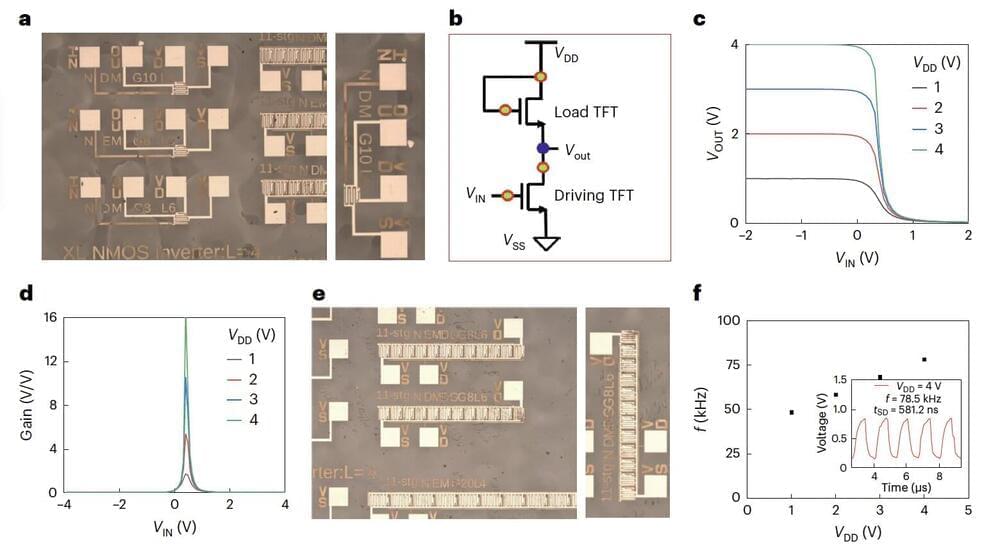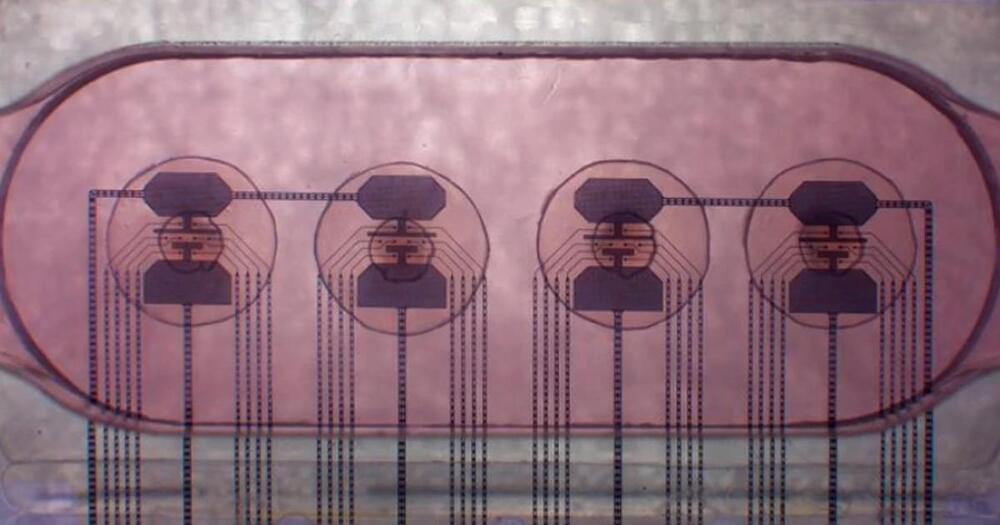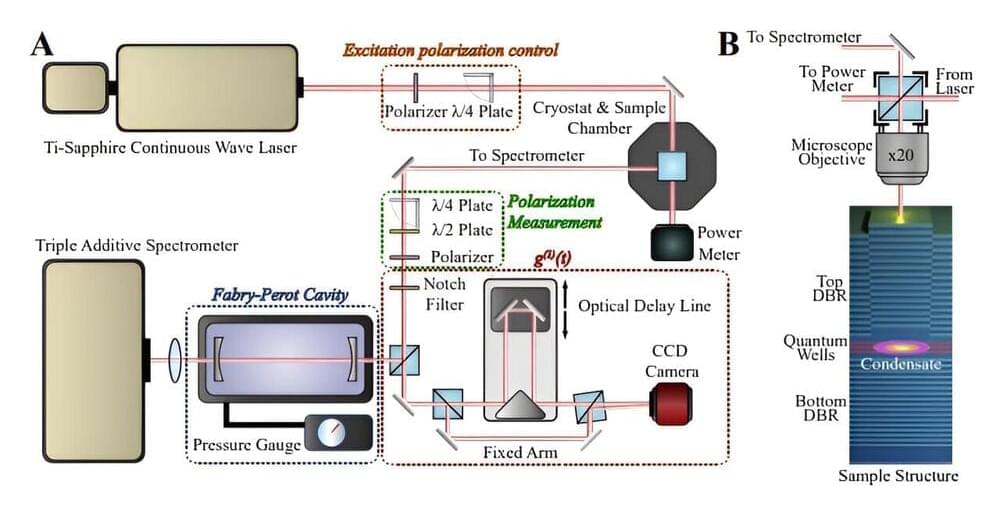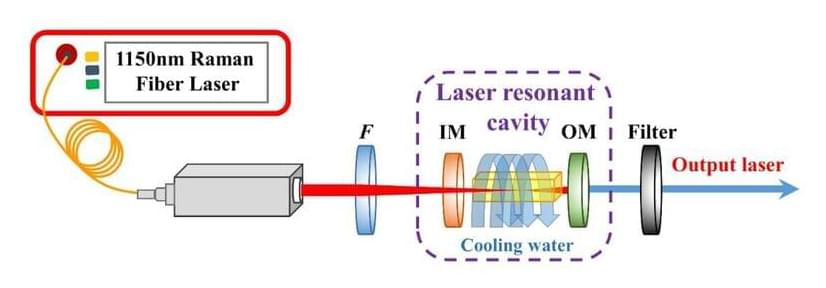Boeing and NASA said on Sunday that their teams are preparing to launch the new Starliner space capsule on June 5 after scrubbing its inaugural test flight launch attempt on Saturday.
The Starliner capsule had stood ready for blast-off from NASA’s Kennedy Space Center in Florida on Saturday before a ground system computer triggered an automatic abort command that shut down the launch sequence.
NASA said its teams worked overnight to assess the ground support equipment at the launch pad that encountered issues during the countdown and identified an issue with a ground power supply within one of the chassis which provides power to a subset of computer cards controlling various system functions.









